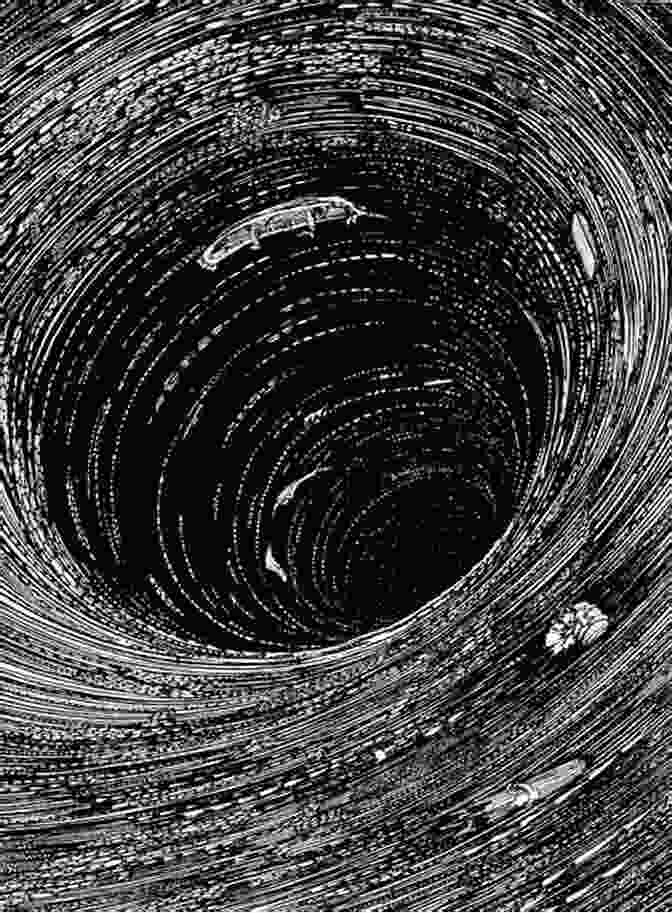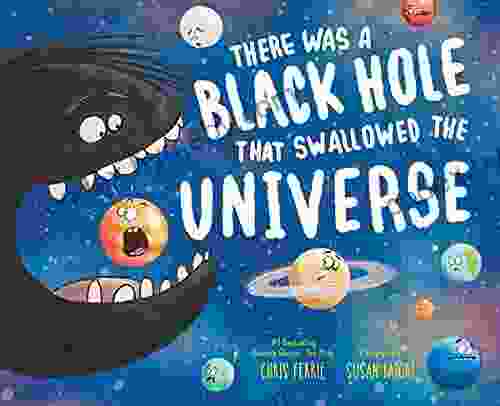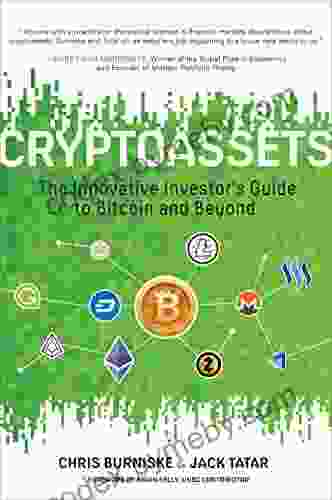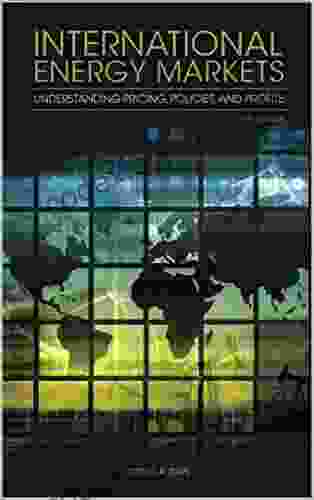: The Enigma of Black Holes
In the vast expanse of the cosmos, where the celestial tapestry is woven with stars, galaxies, and cosmic phenomena, there lies a enigmatic entity that has captivated the imaginations of scientists and philosophers alike—the black hole.
Black holes are regions of spacetime where gravity is so intense that nothing, not even light, can escape their gravitational pull. They are formed when massive stars collapse at the end of their life cycle, creating a singularity—a point of infinite density and zero volume—surrounded by an event horizon, the boundary beyond which escape is impossible.
The Black Hole that Swallowed the Universe
As scientists delve deeper into the mysteries of black holes, a tantalizing theory has emerged: the idea that there was once a black hole that consumed the entire universe.
According to this theory, in the distant past, before the dawn of time and space as we know them, there existed a single, primordial black hole. This black hole was so vast and powerful that it contained all of the matter and energy that would eventually form the galaxies, stars, and planets we observe today.
The Big Bang and the Cosmic Singularity
The theory suggests that the Big Bang, the event that is believed to have given birth to our universe, was not a singular explosion but rather the result of the collapse and subsequent expansion of this primordial black hole.
In this scenario, the singularity at the center of the black hole was a point of infinite density and zero volume, containing all the matter and energy of the universe. As the black hole collapsed, this singularity underwent a catastrophic explosion, spewing forth the matter and energy that would eventually form the stars, galaxies, and cosmic structures we see today.
Implications and Mysteries
The theory of the black hole that swallowed the universe raises profound questions about the nature of our cosmos.
- The Origin of the Universe: If the universe originated from a black hole singularity, it suggests that the very fabric of spacetime itself has a finite origin and a potentially cyclical nature.
- The Nature of Black Holes: The theory challenges our understanding of black holes as destructive entities. Instead, it suggests that they may play a creative role in the formation of宇宙.
- Dark Energy and the Expansion of the Universe: The theory could provide insights into the nature of dark energy, the mysterious force that is causing the expansion of the universe to accelerate. It suggests that dark energy may be related to the gravitational influence of the primordial black hole.
: Exploring the Cosmic Abyss
The theory of the black hole that swallowed the universe remains a speculative but intriguing concept that pushes the boundaries of our scientific understanding.
As we continue to explore the depths of the cosmos and unravel the mysteries of black holes, this theory serves as a reminder of the immense power and potential paradoxes that lie within the vast expanse of spacetime.
Embark on an extraordinary journey into the depths of the unknown with "There Was a Black Hole That Swallowed the Universe." Dive into the mind-bending mysteries of black holes and their potential role in the origin and evolution of our cosmos.



























































































